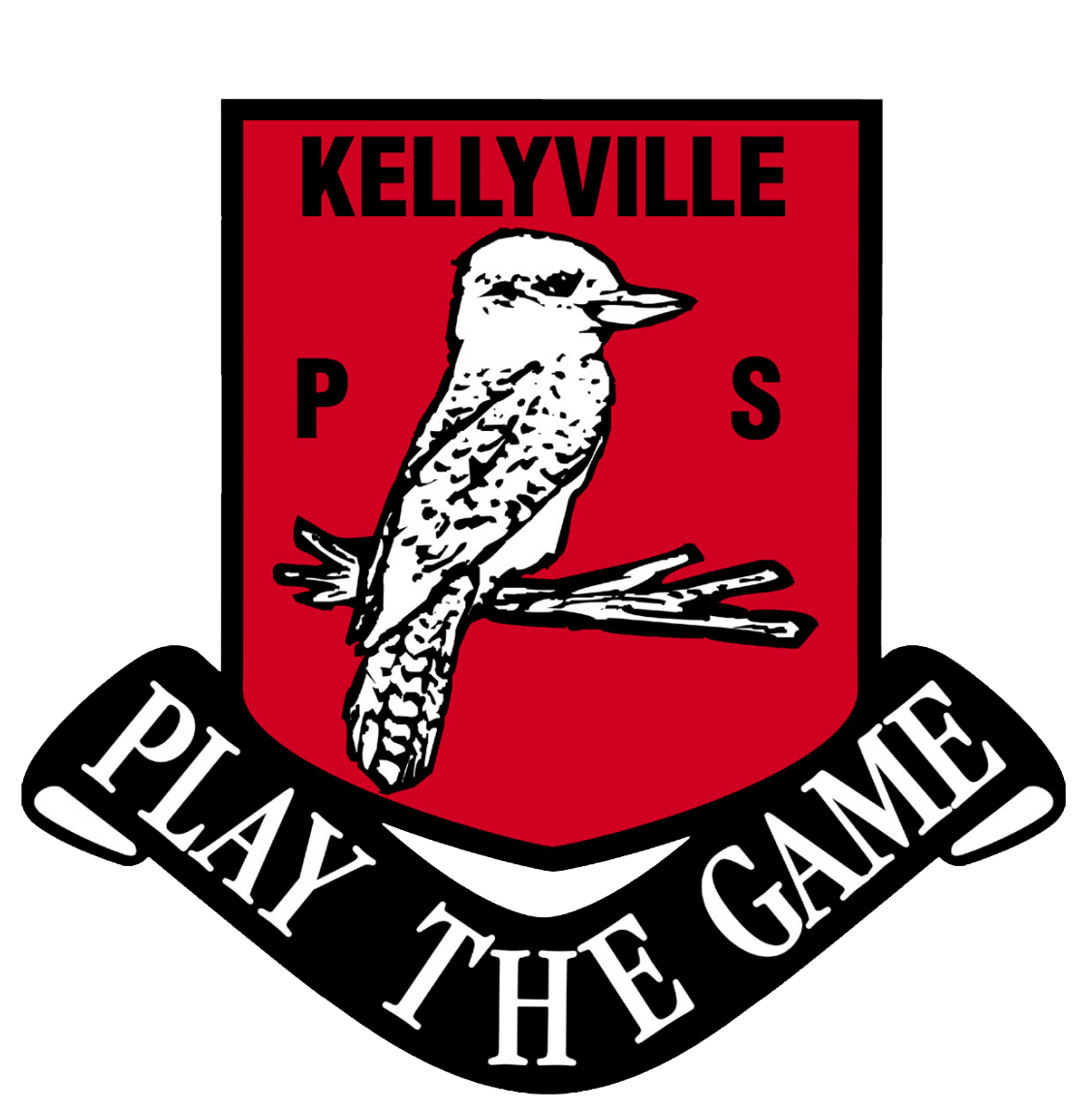Reconciliation at Kellyville Public School: an overview
In 2007 when Jenny Walker became principal she was initially challenged by staff for delivering an Acknowledgement of Country at the school development day. Jenny says it was at that point she knew there was a lot of work to be done towards reconciliation and that the school did not have the foundational knowledge just yet to implement a meaningful RAP. She knew it was not her role to lead Aboriginal education, but rather build capacity and genuine passion amongst staff.
‘It would have been my RAP, not the schools. It needed to come from staff, students and the community. Developed incrementally over time to be authentic and for everyone in the school to share ownership’ Jenny says.
As cultural awareness and understanding grew, staff began expressing the need for a school RAP. ‘When you’ve got the why, you can then go forward. Because you want to, not because you've been told to’ says Jenny.
The Narragunnawali platform
Kellyville Public School embarked on a RAP using the Narragunnawali Platform from Reconciliation Australia. The school agreed it helped frame the work that was already happening and remove some of the administrative burden. It gave the school clear goals, deliverables and timelines in a platform that was readily accessible to everyone.
Early steps
A working group of 16 members was established, including staff, students, parents and carers, and community members. After evaluating the current reconciliation projects in the school, a ‘Vision for Reconciliation’ was written in partnership with members of the local Aboriginal community. Reconciliation goals and deliverables were agreed upon and each working group member assigned a responsibility for these actions.
Vision for Reconciliation
“Kellyville Public School's Vision for Reconciliation Statement Reconciliation is a process grounded in love and respect. It involves learning the truth, delivering justice, enabling forgiveness, promoting healing and meaningful reparation. As learners, we all walk this journey together, as one. At Kellyville Public School, we work in partnership with the Traditional Owners, the Darug People, to provide authentic Aboriginal Education experiences which teach future generations the true histories and cultures of the First Nations Peoples, so that healing can occur, and the mistakes of the past are never repeated. Come with us on this journey and we will walk together to make this change.”
Allocating resources to reconciliation
The school emphasized the importance of not adding to the cultural load of Aboriginal and Torres Strait Islander staff. "Just because you have Aboriginal staff doesn’t mean the responsibility lies with them" says Jenny.
At the beginning of each year a roles and responsibilities list is developed. Staff can put their hand up based on their interests and professional development goals. As part of this staff can choose to be part of the Aboriginal Education Team. The team is coordinated to cover all stages with Aboriginal Education embedded through the curriculum. Any new staff participate in an induction covering the Anti-racism policy with the Executive and Aboriginal Education Team.
Establishing strong relationships with the local Aboriginal community
Connections were made through the Marella Mission. Building a relationship with Aunty Rita helped the school understand the local history and context. "It’s a two-way street and relationships need to be developed over time to dive deeper and give respect to Elders and community" says Jenny.
As part of the RAP the school commissioned a local Darug artist to create an artwork in consultation with the Aboriginal Education Officer (AEO) that reflected the school as a community.
Fostering a sense of belonging
At the beginning of each year the school develops a new Acknowledgement of Country as a professional learning experience for staff. Jenny believes that it’s important to foster an environment of "psychological safety to allow staff to think more deeply about Aboriginal education and provide the safety to question the way things are done to do things better”.
The school believes it’s important for staff to build their own connection to Country and have built a native garden and a ‘Coming together’ bridge which is the basis of their philosophy.
Jenny says "when considering things like Aboriginal gardens or yarning circles it’s important for the whole of staff to know why the school should have these things and how they should be used. It’s not about the beauty of the space but rather the respect and meaningful conversation it allows".
Involving students across different year groups
Students play an active role in reconciliation, having each worked together to create a unique class Acknowledgement of Country. In later stages they develop a personal Acknowledgement as part of a writing workshop.
“Each year they bring different ideas and you can see their understanding grow to the point where they lead the discussion. Moving away from needing a formula and coming from the heart” says Jessica Norton, Year 6 teacher.
Students have created their own Custodians program, whereby older students teach the younger students, embracing a cultural way of sharing knowledge.
The school playground along with the native garden incorporates an opportunity for truth telling with the display of a local history timeline.
Where to from here ?
“As a school and community we are still walking the reconciliation journey. It’s important to recognise that it can’t be done overnight, it’s a process and it must be sustainable." says Jenny. Reflecting on what she’d learnt about her school through the RAP process, she said "I’m just so proud of them".
Article : Reconciliation in Education: Kellyville Public School NSW Department of education
Award


